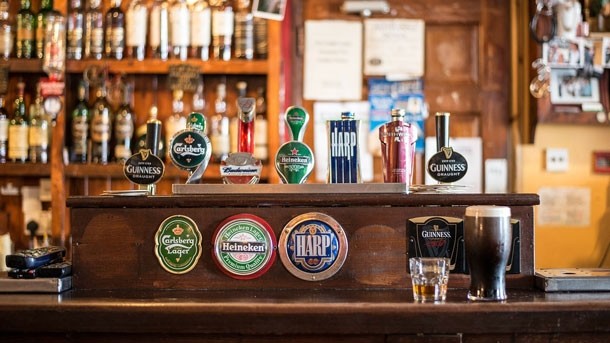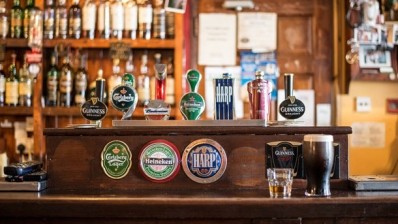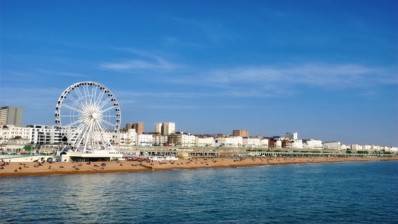Report blames government policy for pub closures

The report ‘Closing Time – Who’s killing the British pub?’ examines the factors behind the ‘drastic decline’ of the UK pub industry and concludes that the blame attached to pubcos and the beer tie has been ‘greatly’ overstated.
As percentage of total pub stock, net closures represent 16.5 per cent in the pubco sector and 14.6 per cent in the independent sector, meaning pubco pubs have been closing at ‘almost exactly the same rate’ as independents, the report says.
Instead, it argues that politicians and cultural changes are to blame for the 20 per cent fall in pub numbers since 2006.
Government policy
The report points to a ‘flurry’ of damaging policies over the past seven years, which have ‘actively discouraged people from spending time in the pub’. These include the 6 per cent increase in alcohol duty and introduction of the alcohol duty escalator in 2006, the 20 per cent VAT rate introduced in 2011 and the UK’s draconian implementation of the smoking ban.
It claims these policies have accelerated the cultural shift away from beer – which is driving the decline in alcohol consumption. On a per capita basis, on-trade beer sales are down 54 per cent year-on-year since 2003, with wine and spirit sales largely unchanged.
“British pubs may be suffering from long-term cultural shifts, but government policies have hugely exacerbated this trend,” said the report author Christopher Snowdon.
“Taxation and regulation have been the leading causes of the decimation of the UK pub industry since 2006. The level of alcohol duty in the UK is hugely regressive, hitting the poorest the hardest.”
Possible solutions
Based on these findings, the report argues that the statutory pub code proposed by the Department for Business, Innovation and Skills 'will not stem the tide of pub closures'.
It calls on the government to:
- Halve alcohol duty - British drinkers currently pay 40 per cent of the EU's entire alcohol duty bill and halving alcohol duty in the UK would bring it in line with the European average.
- Reduce VAT from 20 per cent to 15 per cent and introducing an even lower rate of VAT for food sold in pubs and restaurants, as happens in many European countries.
- Relax the smoking ban - The UK has one of the most uncompromising smoking bans in the world and there is clearly a market for venues that allow smoking in one or more ventilated rooms.
- Abolish cumulative impact zones, which currently prohibit new pubs from opening in areas of high demand.
“Taxes must be lowered, and one-size-fits-all policies like the current smoking ban must be reconsidered if we are to temper the rate of decline of the British pub,” said Snowdon.
‘Unsubstantiated nonsense’
In response to the IEA report, Greg Mulholland MP, chair of the Parliamentary Save the Pub Group, said: “Of course the All Party Parliamentary Save the Pub Group know that there have been challenges and has campaigned for lower beer duty, VAT and are also calling for lower business rates for genuine community pubs.
“The Save the Pub Group are all for sensible changes to reduce regulatory burdens on business and have fairer taxation for pubs, but it is extraordinary that this someone who claims to believe in market economics is defending the very instrument responsible for restricting licensees with the hugely burdensome terms of the pubco tie. For Mr Snowdon to defend this anti-competitive model and the closed shop it has created, is just bizarre.
“This is another desperate last grasp in the death throes of one of the most anti-competitive and anti-free market business models in modern UK history and if this is the best the anti-reform brigade can do with this flawed unsubstantiated nonsense, than the many credible organisations backing reform have little to worry about.”















